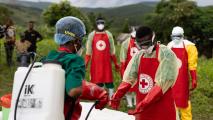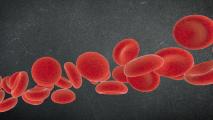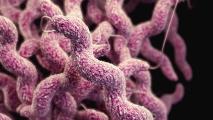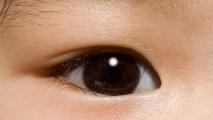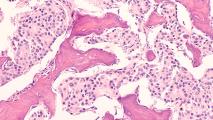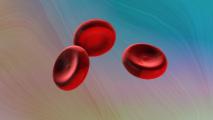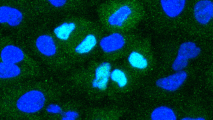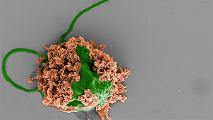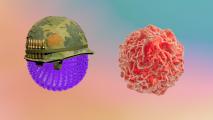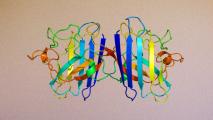
Biotech
Human history has been all but defined by death and disease, plague and pandemic. Advancements in 20th century medicine changed all of that. Now advancements in 21st century medicine promise to go even further. Could we bring about an end to disease? Reverse aging? Give hearing to the deaf and sight to the blind? The answer may be yes. And soon.
More
New vaccine prevents 94% of severe RSV cases
UK drugmaker GSK’s RSV vaccine was nearly 95% effective at preventing severe infection in a phase 3 trial of older adults.
AI is able to spot diseases before symptoms appear
New AI tools are helping doctors screen healthy patients for diseases early, when treatments are most effective.
As Ebola reaches Ugandan capital, vaccines race to catch up
Caused by the Sudan strain of Ebola, current vaccines and therapies approved for Ebola won’t work in Uganda. But these might.
UK scientists solve a decades-long blood mystery
Researchers have discovered a new blood group which may have been behind the tragic loss of two babies.
Male birth control options are in development, but a number of barriers still stand in the way
A survey of over 9,000 men in nine countries found that over 55% would be willing to use a new method of male birth control.
Like genes, your gut microbes pass from one generation to the next
Not only did microbes diversify with their early modern human hosts as they traveled across the globe, they followed human evolution.
Genetically engineered bacteria make living materials for self-repairing walls and cleaning up pollution
With just an incubator and some broth, researchers can grow reusable filters made of bacteria to clean up pollution and more.
First-of-its-kind surgery may have helped reverse baby’s paralysis
The first recipient of a groundbreaking spina bifida treatment is now one year old and showing no signs of leg paralysis.
It may be possible to treat inherited blindness, even in adults
A new mouse study suggests that synthetic retinoids may be able to help restore vision in adults with Leber congenital amaurosis.
Walking to school is more likely to keep kids active as they age
Children who walk or bike to school at a young age are more likely to continue the habit as they age, a new study shows.
Cambridge researchers have discovered how cancer spreads
New research out of the University of Cambridge may have discovered a mechanism behind metastasis.
New test catches deadly bloodstream infections much faster
Bloodstream infections have a high mortality rate. But a new test to catch them faster could lead to more saved lives.
A cure for blindness may be first product made in space
An ISS experiment suggests that manufacturing artificial retinas in space will make them more effective at reversing blindness.
A newly discovered class of RNA can fight off multiple viruses, including flu and SARS-CoV-2
Harvard-affiliated researchers have discovered a form of double-stranded RNA which may be a potent antiviral.
Tiny robots completely clear out deadly pneumonia infection in mice
Researchers have created microscopic robots capable of clearing pneumonia from the lungs of mice.
A modified herpes virus completely wiped out a terminal cancer
In a small phase 1 trial of a herpes-based cancer therapy, one patient had their tumors completely eliminated.
Biden pardons federal cannabis possession cases, urges states to do the same
The Biden administration is pardoning federal possession offenses, encouraging states to do the same, and reexamining its drug scheduling.
Three reasons “you” won’t return after this life
Entire religions are constructed around theories of an afterlife, but former monk Stephen Batchelor lists three reasons you won’t come back.
Scientists claim “never before” seen results in ALS clinical trial
The ability of tofersen, a gene-based treatment for ALS, to improve symptoms is being hailed as a “treatment milestone.”
If you want people to like you, try talking more, not less
People tend to think they should speak less than half the time to be likable but more than half the time to be interesting.
Get inspired with the most innovative stories shaping the world around us.















